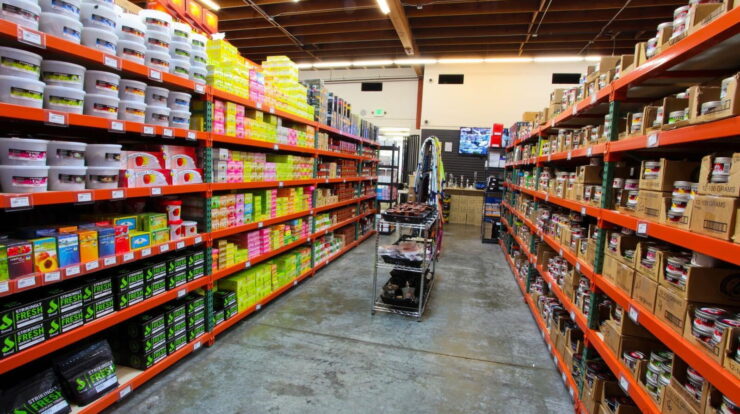
Hey there, homeowner. You are proactive. You know your flood zone. You have a plan in case of emergency evacuation. You are even ready for the summer heat in Florida. But, do you have the proper fire protection for your home? Odds are, you have thought about it. You even bought a fire extinguisher. It’s in the kitchen. That’s enough protection, right? Most likely. But you’re not the most likely kind of person. Read on to learn about home fires and the proper protection.
According to the National Fire Protection Association, home fires account for about ¼ of all structure fires in the United States. Even though they are not the most common type of reported fire, they are responsible for 75% of lives lost. From 2015-2019, home fires in the United States caused 7.3 billion dollars in damage. How can you avoid injury, death, and horrible destruction? By having the proper portable fire extinguishers in your home.
Causes of Home Fires
The NFPA reports that the majority of home fires are caused by cooking. The other top causes of home fires are heating, electrical distribution and lighting equipment, intentional fire setting, and smoking materials (2022). As we discussed, you are proactive. Clearly, we can avoid setting a fire on purpose or leaving your smoking materials on fire. Whew, disaster avoided. Unless you cook or have electrical equipment…
Areas Where Fires Occur
The kitchen or grill
The basement or garage (in Florida)
Any rooms containing additional or fancy lighting equipment
Your fire extinguisher is in your kitchen. You’re ready, right? Maybe, if your kitchen is centrally located. And, you have a single-story home. And, you monthly inspect your extinguisher. And, it’s the right class.
Matching Your Extinguisher to Your Hazard
To be clear, in a single-family dwelling that YOU own, the NFPA does not require portable fire extinguishers. So, there are many ways you can approach fire protection. The best of these is to purchase a fire extinguisher from a reputable, licensed fire equipment dealer. Why not Walmart? Walmart is okay too, but you can get a better price by buying refurbished. When you purchase equipment from a licensed dealer, you also get customer education. This means you can ask questions and have them answered by a professional for free.
Types of Extinguishers for Types of Hazards
For the kitchen, a class K fire is certainly your best choice.
Pros: A class K will put out a fire in a cooking appliance. No other type of extinguisher is specially designed for this purpose.
Cons: These take up a lot of space in your kitchen. They are also one of the most expensive types of portable fire extinguishers.
For the garage, a class B:C would be the most appropriate.
Class B fires are flammable or combustible liquid fires. These would be related to storing gasoline, paint, or oils. Most people store these in their garage. The C classification applies to electrical fires. If you use many of your electrical outlets or keep machinery in the garage this type of extinguisher would be helpful. You most likely will end off with an extinguisher that does both, known as a B:C or perhaps an A:B:C.
For your electrical needs, a C class would also be most appropriate.
As mentioned above, a C class extinguisher is designed for electrical fires. If you have an electrical room, elevator room, etc…this will allow the fire to be extinguished without watery or ashy residue.
If I Can Only Buy One…
Remember, you technically are not required by law to have any fire extinguishers in your own home. If your level of hazard is low or you want to be the most cost efficient, buy A:B:C fire extinguishers. These are the most common types used by businesses. They can extinguish a regular materials fire (trash, paper, wood), as well as flammable/combustible liquids, and electrical fires! They are a great compromise. Install them in an easy to see, centrally located position. One should be located on each floor of the house; more than one if you have a large square footage or many obstacles on the same level of your home. Mount them with the instructions facing outward.
Anything Else?
When in doubt, call your locally licensed, fire extinguisher service. They cannot service your home, but most will have a certified fire extinguisher technician who can answer your questions. They may also have walk-in locations where you can purchase or service your fire extinguishers. A little effort up front can save your home, your family, and definitely your time.






